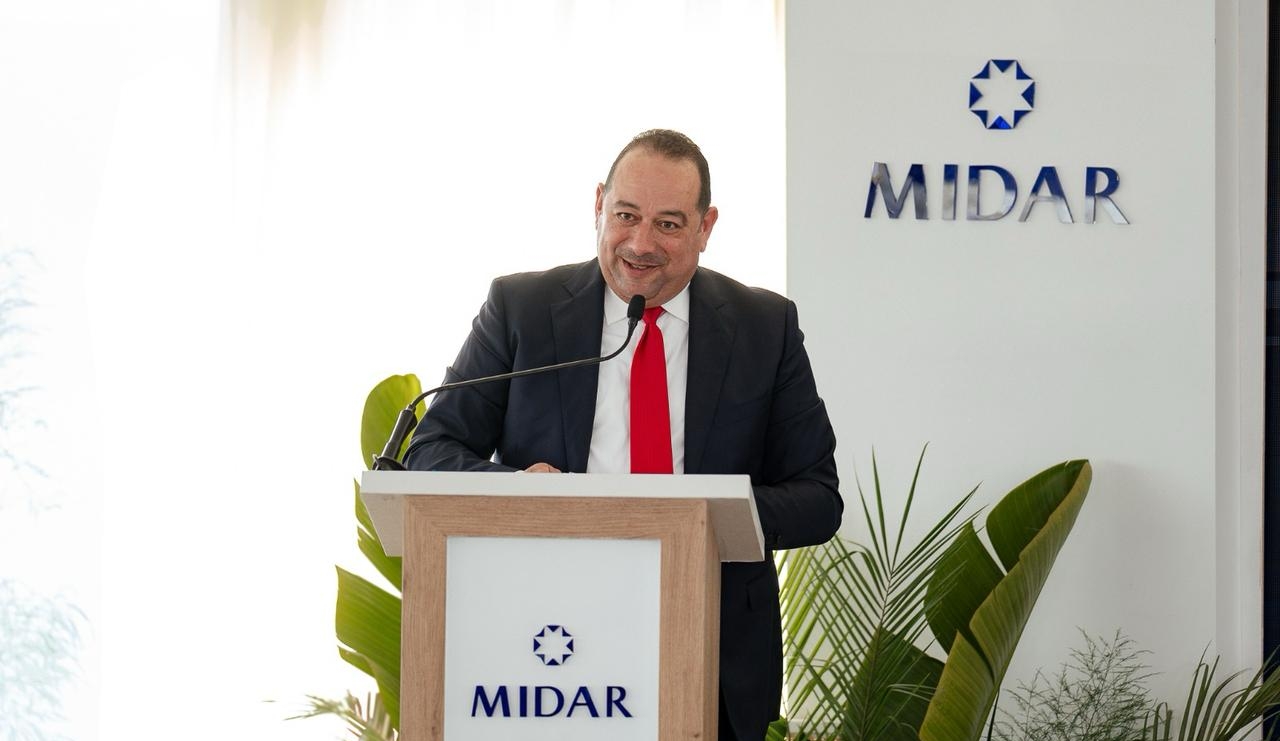Dubai- Masaader News
COVID-19 crisis ( Coronavirus pandemic) increases cybersecurity risks and the way of governments are manging information, according to Artificial Intelligence Journalism for Research and Forecasting new study.
The study confirmed that COVID-19 crisis has shown why countries need to put strategic tools in place to manage information and the cyber security and info risks, where the cybercrimes and cyberattacks have increased due to the coronavirus outbreak.
Dr.Mohamed Abdulzher, Media academic and the AI journalism expert says:” The coronavirus pandemic has made it necessary for governments, multinational organizations and media companies to create significant strategic tools to manage information risks, work towards a culture of shared cyber-risk ownership across organizations and take a strategic approach to cyber resilience.”
Abdulzher added: ” As a result of the COVID-19 pandemic impact on the world, people have become heavily reliant on the internet and its digital economy.”
Basic Security
According to the study, this is a clear indication of the increase in the security risks to millions of people, that don’t have the most basic security protocols for their daily internet use, whether from the government platforms or private companies, or even concerning personal mail.
Also, Over the past five months, remote working and study have greatly increased, which means an increase in the number of daily personal and official devices connected to the internet in 24/7. And as working modes change, so do the risks, where we can see that remote working increases cyber security risks too.
Consequently, working from home has helped to increase the attack surface exponentially and multiple vectors for cyberattack, where people all over the world have become heavily reliant on their personal devices and normal home networks.
For instance, hacking emails designed to entice users to download malware or reveal sensitive information, have gone up 700 percent in the last two months.
Last April, Proofpoint announced it had seen over 500,000 messages, 300,000 malicious URLs, 200,000 malicious attachments with coronavirus themes across more than 140 campaigns, with numbers continuing to increase. Proofpoint said there had been a “significant amount” of credential phishing — attempts to steal passwords and log-in details — in these attacks.
AI Journalism
As a part of Artificial Intelligence Journalism challenges, media could face huge security breaches. The threats will be greater for the global media; especially those considered official and governmental, such as government newswires. Any data security breach of these media is a breach of the sovereignty of those countries, and it may cause more political disputes or conflicts between countries.
As a part of Artificial Intelligence Journalism challenges, media could face huge security breaches. The threats will be greater for the global media; especially those considered official and governmental, such as government newswires. Any data security breach of these media is a breach of the sovereignty of those countries, and it may cause more political disputes or conflicts between countries.











